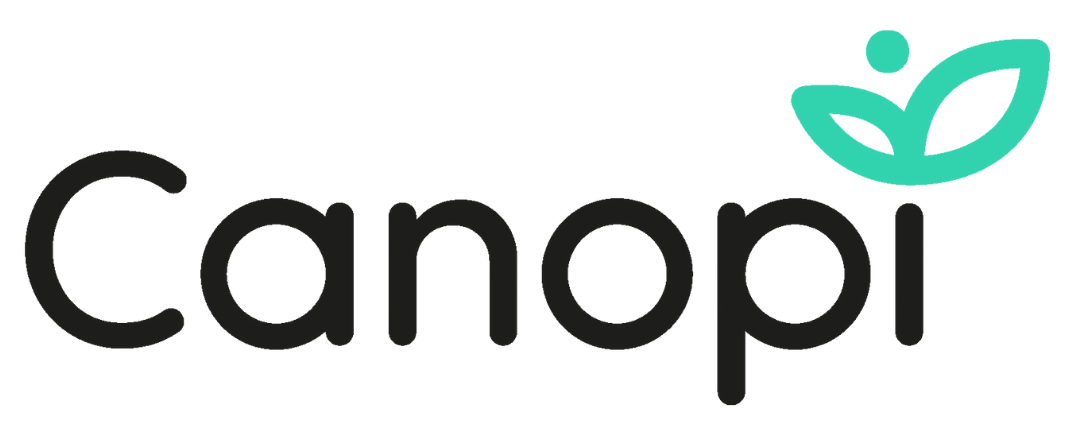What is self-harm?
Self-harm includes self-poisoning or self-injuring by ‘self-cutting, poisoning, scratching, burning, banging, hitting, hair pulling [or] interfering with wound healing’ (Samaritans; Mind). This can happen once or multiple times.
People who self-harm do not always have suicidal intentions
For some, self-harm is used with the intention of taking their own life. This is a crisis situation and requires emergency support. Others may harm themselves as a way of coping with emotional distress.
It can be difficult to know what someone’s intentions are when self-harming. They may be ambivalent or not be clear about them themselves or the reasons for doing what they have done. By being non-judgmental and allowing them to talk to you, you can encourage them to seek support.
Signs that someone may be self-harming
Self-harm can be difficult to detect but there are a few common signs which may indicate that someone may be self-harming.
Aside from the physical signs that someone might be hurting themselves, such as wounds or missing patches of hair, there are other important behavioural and emotional signs to look out for.

- Unexplained injuries that do not heal
- Scars
- Missing patches of hair
- Wearing long sleeved clothing even in warm weather
- Decreased functioning at work
- Experiencing challenges with relationships
- Appearing overwhelmed or ambivilance
- Being withdrawn
- Low self-esteem
What to do if you think someone might be self-harming
If you are worried about someone in the workplace, it’s important to follow any existing safeguarding procedures in place. This may involve passing on your concerns to someone who is specially trained to support colleagues such as a line manager or safeguarding officer.
If you feel comfortable to do so, you can speak to the person who may be self-harming and offer them your support by being non-judgmental and telling them about the support which is available. This could be from the persons GP, a workplace mental health or wellbeing support service (see ‘Get support’).
It’s also important to remember to look after yourself whilst offering your support to someone else. Mind offers some helpful information on how to support someone who self-harms, and how to look after yourself in the process.
Get support
Is this a mental health emergency?
If you’re concerned that someone may imminently cause themselves injury, this is a mental health emergency. See our Help in a Crisis page for a list of emergency mental health services.
Help for social care and NHS staff in Wales
Self-harm is not always a mental health emergency and can present across a range of mental health diagnoses, symptoms and social issues.
If you work for the NHS or social care in Wales, and want to tell someone that you are self-harming, then Canopi could be a safe place too start. We provide a confidential, free service to support people to tell their stories and signpost to appropriate support services. In some instances the most appropriate service may be through to primary care.

